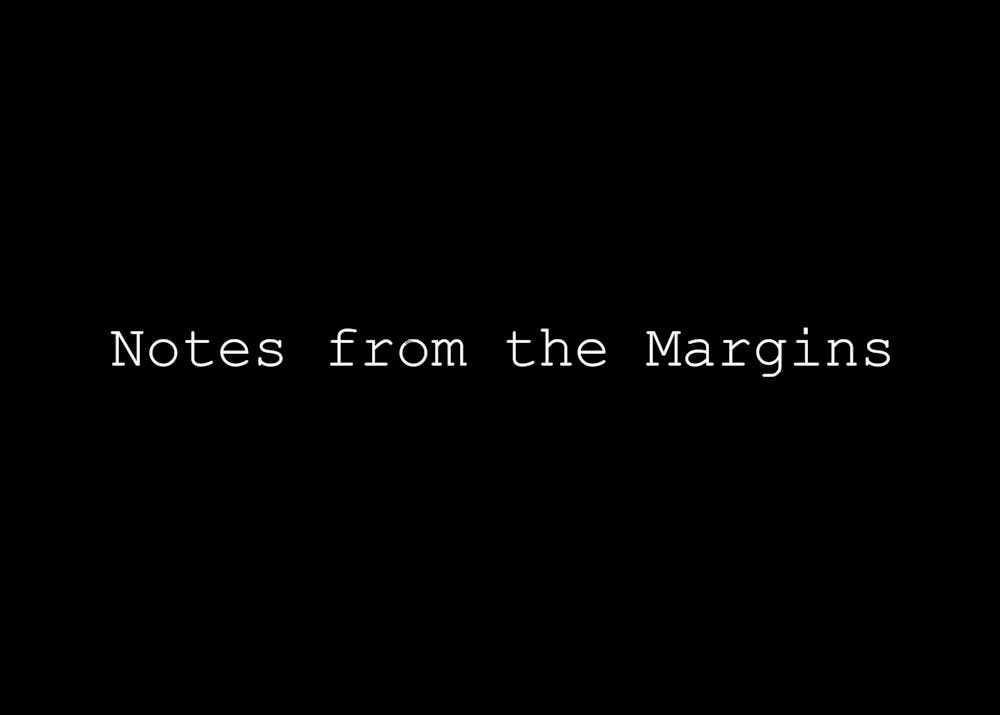Editor's Note: The views and opinions expressed in this article do not reflect those of The Collegian.
Before I moved to the U.S. almost 10 years ago, I was oblivious to the term “Hispanic.” First and foremost, I was Colombian. Back then, if we didn’t make it to the World Cup, my “latinidad” took a front-row seat as I was rooting for any Central or South American country playing against Europe. But when I got to Virginia, the mountains of government paperwork suffocated me, lumping me into the Hispanic category along with the Spaniards.
Hispanic encompasses Cubans, Mexicans, Puerto Ricans, South or Central Americans and others of Spanish culture or origin, according to the U.S. Census Bureau. This term — wherein most Latinx folk in the U.S. identify, according to a Pew Research Center study — became the blanket identifier a little over a generation ago. The first federally noted use of "Hispanic" dates back to the Richard Nixon administration during the 1980 census. Under his presidency, a widespread campaign was launched to popularize the term and familiarize Latinx populations with it in order to be counted.
That brings us to today. From Sept. 15 to Oct. 15 specifically, an increasing number of people and I are celebrating Latinx Heritage Month and not Hispanic Heritage Month, as it became recognized in 1988 by the federal government under the presidency of Ronald Reagan.
The embrace of Latinx Heritage Month comes from the disdain for the term imposed on us by the U.S. government and because including Spain in the celebration is antithetical to honoring Latinx accomplishments. The month quite literally starts on the day that Costa Rica, El Salvador, Guatemala, Honduras and Nicaragua celebrate their independence from Spain. The following day is also Mexico’s Independence Day. Imagine the uproar that would ensue if England tried to hijack the Fourth of July.
The trendiness of “latinidad” is rising in the U.S. through cultural appropriation unraveling in front of our eyes on TikTok. This summer I was shocked to find out that staples like agua frescas and esquites became spa water and street corn salad. What is next? Are conchas going to re-emerge as seashell donuts and horchata cinnamon rice latte? I recognize that all the examples mentioned above are Mexican, and am glad that Colombian food has yet to be rediscovered. The problem is not that more people are enjoying these foods, but that they are being rebranded to become more palatable to white Americans. This phenomenon does not only extend to food but to gentrification happening in Puerto Rico, where influencers and millionaires have started moving to take advantage of the tax incentives offered primarily to non-Puerto Ricans. But as the record-breaking Bad Bunny — who has proved just how successful Reggeaton can be outside of Latinx communities — said in “El Apagón” while calling out the gentrifiers, everybody wants to be Latinx, but they lack seasoning.
Now that being Latinx is trendy and Spaniards such as Antonio Banderas and Rosalía continue to capitalize on the United States’ need to lump us into the same category as our colonizers. It is important to remind Americans that Spaniards are Europeans and not Latinx simply because most of us share the same language.
Spain was once an empire that owned 35 colonies and spanned most of the world. It is Spain's job to push for reparations and decolonization rather than pretend the wounds of its pillaging and current xenophobia can be washed away by pretending to celebrate with Latinx communities.
So, I refuse to share the month-long celebration with the ethpañoles.
Contact editor-in-chief Jackie Llanos at jackie.llanoshernandez@richmond.edu.
Enjoy what you're reading?
Signup for our newsletter
Support independent student media
You can make a tax-deductible donation by clicking the button below, which takes you to our secure PayPal account. The page is set up to receive contributions in whatever amount you designate. We look forward to using the money we raise to further our mission of providing honest and accurate information to students, faculty, staff, alumni and others in the general public.
Donate Now


